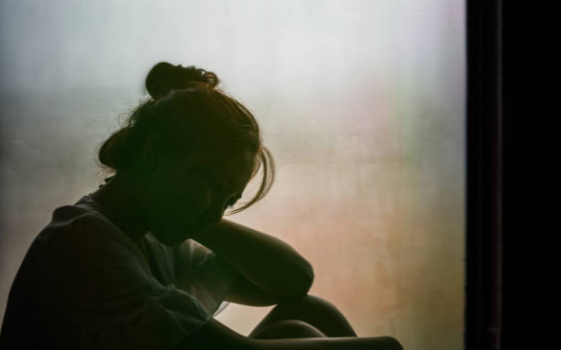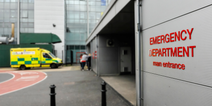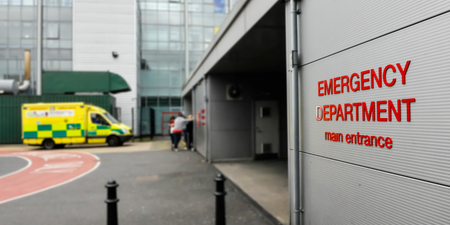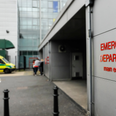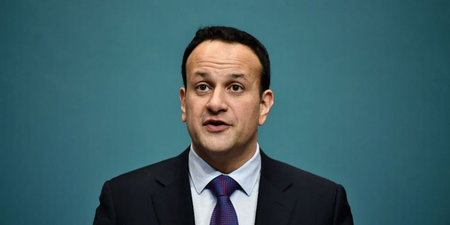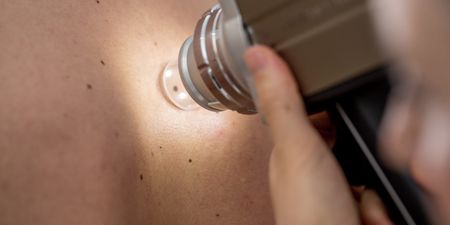“We had never seen something like this before.”
The Dublin Rape Crisis Centre (DRCC) saw a €70,000 increase in donations following the Belfast rape case.
Rugby players Paddy Jackson and Stuart Olding were found not guilty last year during the nine week trial.
The DRCC has since reported an “extraordinary” increase in online and text donations in the two months following the verdict.
There was also a significant increase in calls to the charity’s 24 hour national helpline during this time.
“There were more calls in March and April 2018 than any other month,” says Noeline Blackwell, chief executive of the DRCC.
“There was a definite concern about the justice system, because you don’t get to see the likes of this in trials in Ireland because they’re all in camera. There was a real concern from people who had themselves engaged with the justice system – and those who hadn’t.
“We had never seen something like this before. It was an extraordinary trial.”

According to the DRCC’s 2018 annual report, 13,949 people contacted the centre last year to avail of the helpline or to attend counselling sessions.
77 percent of callers were women and 22 percent were men, with over half contacting the charity for the first time.
Of the 4,228 people who availed of counselling sessions, the majority were crisis appointments for people who had experienced sexual assault or rape in the past six months.
Blackwell says that the charity’s donation rate has since gone back to normal and that the DRCC has plans to campaign for increased funding.
“The increase was very much associated with that trial specifically,” she says. “That was clear from the remarks people were making.”
“Right through those two months (March and April 2018) there was a lot of upset and concern. There was the recognition that we were there to help, but also that we’re not fully funded to help.
“People wanted to do something.”
If you have been affected by any of the issues raised in this article, you can contact the DRCC’s 24 hour national helpline on 1 800 77 8888.
